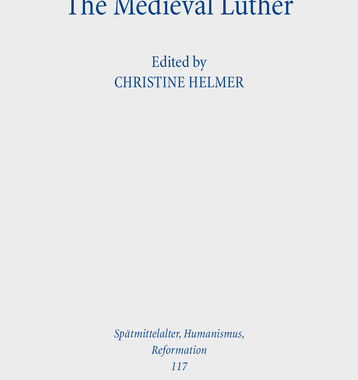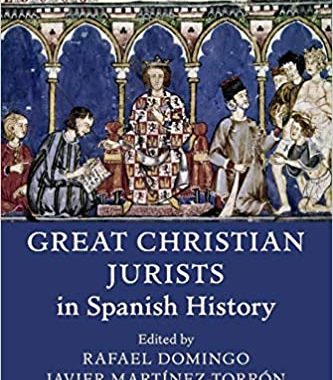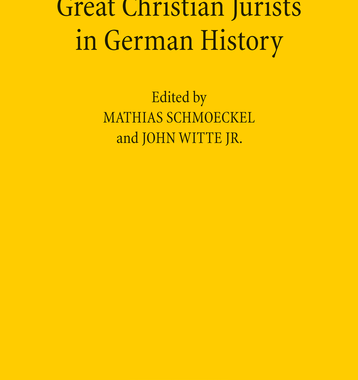“Great Christian Jurists in English History” edited by Mark Hill QC and Richard H. Helmholz
Great Christian Jurists in English History edited by Mark Hill QC and Richard H. Helmholz This volume is part of a fifty-volume series on “Great Christian Jurists in World History”, presenting the interaction of law and Christianity through the biographies of 1000 legal figures of the past two millennia. Commissioned by the Center for the…











